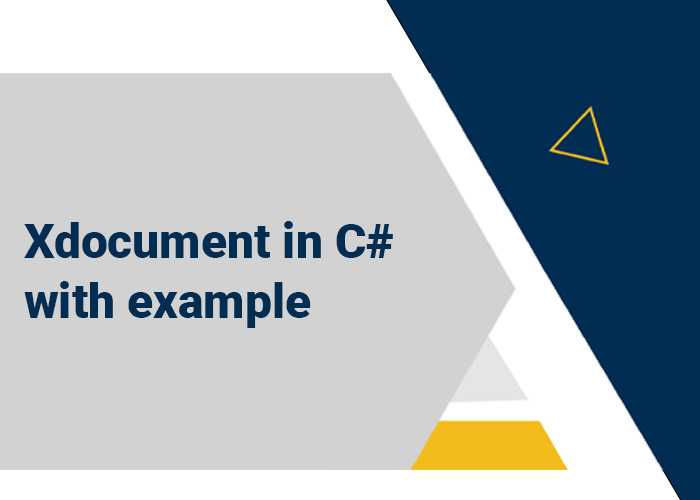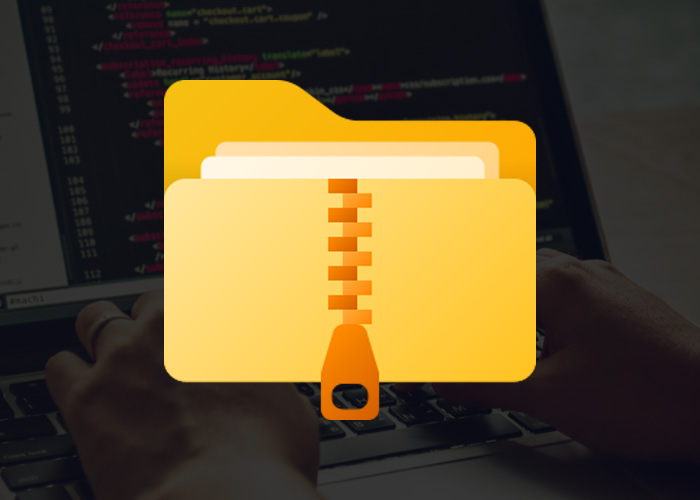Using Anonymous Functions as Parameters in C#
Anonymous functions in C#, which include both lambda expressions and anonymous methods, offer a powerful way to pass executable code as parameters. This capability can significantly enhance the flexibility and dynamism of your programming, allowing for more generic and reusable code structures. This article provides a detailed guide on how to effectively use anonymous functions as parameters in C#.
What Are Anonymous Functions?
Anonymous functions are functions defined without a name and can be used wherever a delegate is expected. They are typically used to create concise inline methods and are particularly useful for short handlers or operations that do not need to be reused outside of their immediate context.
Advantages of Using Anonymous Functions as Parameters
- Flexibility: Allows for the definition of custom behavior right at the point of calling a method.
- Conciseness: Reduces the overall length of code and eliminates the need for separately defined, named methods, especially for simple operations.
- Maintainability: Enhances code readability by keeping related logic together, making it easier to understand and maintain.
Examples of Using Anonymous Functions as Parameters
Example 1: Passing an Anonymous Method
Anonymous methods can be used to pass a block of code as a delegate parameter. Here's how you can pass an anonymous method to a method that expects a delegate of type Action.
public void ExecuteAction(Action action)
{
action();
}
public void Main()
{
// Using an anonymous method as a parameter
ExecuteAction(delegate() {
Console.WriteLine("Hello from anonymous method!");
});
}
This example shows how to pass an anonymous method to the ExecuteAction method, which executes the passed action.
Example 2: Passing a Lambda Expression
Lambda expressions are more common for passing anonymous functions. They are syntactically simpler and more flexible than anonymous methods.
public void ProcessData(List<int> data, Func<int, bool> filter)
{
foreach (var item in data)
{
if (filter(item))
{
Console.WriteLine(item);
}
}
}
public void Main()
{
List<int> numbers = new List<int> { 1, 2, 3, 4, 5 };
// Using a lambda expression as a parameter
ProcessData(numbers, x => x > 3); // Outputs: 4, 5
}
In this example, a lambda expression x => x > 3 is passed as a parameter to ProcessData, which applies the provided filter to a list of integers.
Best Practices for Using Anonymous Functions as Parameters
- Understand Scope and Capture: Be aware that anonymous functions capture variables from their enclosing scope, which can lead to unexpected behaviors, especially with closures.
- Use Judiciously: While anonymous functions are powerful, they should be used judiciously, especially in performance-critical areas or where the function might benefit from being named for clarity.
- Avoid Overcomplication: Keep anonymous functions simple and focused. If the logic becomes too complex, consider defining a separate named method for clarity and reusability.
Conclusion
Using anonymous functions as parameters in C# is a powerful technique that offers flexibility, reduces boilerplate, and can help maintain a clear and concise codebase. By understanding how to properly utilize anonymous methods and lambda expressions in this context, developers can write more dynamic and robust applications. Whether you're handling events, performing data manipulation, or implementing callbacks, anonymous functions can greatly enhance the expressiveness and functionality of your C# code.





